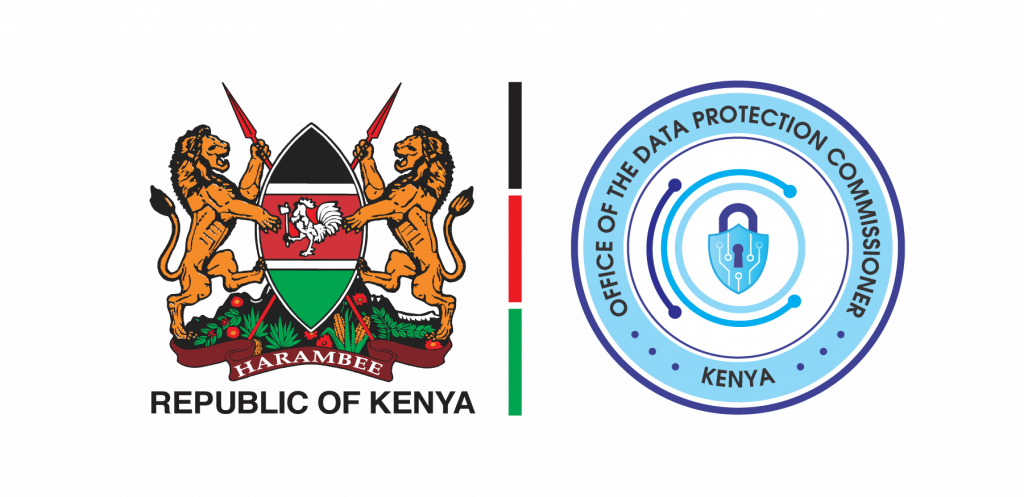In recent years, Kenya has witnessed a surge in digital credit services, offering convenient and accessible financial solutions to millions. However, alongside the proliferation of licensed lenders, unscrupulous entities have exploited gaps in regulation, leading to predatory practices and consumer exploitation.
In response, Kenyan authorities have initiated a crackdown on unlicensed companies, aiming to safeguard consumers and foster a healthier financial ecosystem. This article explores the impact of this crackdown, analysing its implications for the digital credit sector.
The Rise of Digital Credit in Kenya
Kenya’s digital credit sector experienced exponential growth fueled by widespread mobile phone penetration and innovative financial technologies. Platforms like M-Pesa revolutionized financial inclusion, enabling users to access loans instantly via mobile devices. This accessibility proved transformative, empowering individuals previously excluded from traditional banking systems to meet their financial needs promptly.
Read also: Kenyan court freezes Flutterwave withdrawals
Despite the benefits, the unchecked expansion of the digital credit sector led to the emergence of unlicensed lenders. These entities operated outside regulatory frameworks, engaging in predatory lending practices characterized by exorbitant interest rates, hidden fees, and aggressive debt collection tactics. Vulnerable borrowers, often lacking financial literacy, fell victim to spiralling debt cycles, exacerbating poverty and financial instability.
Government Intervention: Crackdown on Unlicensed Companies
Recognizing the detrimental impact of unlicensed lenders, Kenyan authorities embarked on a comprehensive crackdown to weed out illicit operators from the digital credit landscape. Regulatory bodies such as the Central Bank of Kenya (CBK) and the Communications Authority of Kenya (CAK) intensified enforcement efforts, targeting unregistered platforms and imposing hefty fines on offenders. This coordinated approach aimed to restore trust in digital credit services and protect consumers from exploitation.
The crackdown on unlicensed companies yielded significant results, reshaping the digital credit landscape in Kenya. By dismantling illicit operations and imposing stricter regulatory oversight, authorities successfully reduced the number of unlicensed lenders operating in the country. As a result, consumers gained greater confidence in the legitimacy and safety of digital credit services, leading to increased uptake and usage among previously wary individuals.
Enhancing Consumer Protection and Financial Inclusion
Beyond curbing predatory practices, the crackdown on unlicensed companies bolstered consumer protection measures and promoted financial inclusion. Licensed lenders, now operating in a more regulated environment, were incentivized to adopt responsible lending practices, including transparent fee structures, fair interest rates, and borrower education initiatives. This shift contributed to improving financial literacy and empowering consumers to make informed financial decisions.
While the crackdown on unlicensed companies marks a significant milestone in the regulation of Kenya’s digital credit sector, challenges persist. Adapting to evolving technologies and emerging threats remains an ongoing endeavor for regulatory authorities. Moreover, ensuring effective enforcement and compliance across the industry requires sustained efforts and collaboration between government agencies, financial institutions, and technology providers.
In conclusion, the crackdown on unlicensed companies has played a pivotal role in shaping Kenya’s digital credit landscape, fostering a more transparent, responsible, and inclusive financial ecosystem. By prioritizing consumer protection and regulatory oversight, authorities have mitigated the risks associated with predatory lending while promoting the benefits of digital financial services. Moving forward, continued vigilance and proactive measures will be essential to sustain these achievements and unlock the full potential of digital credit in Kenya’s quest for economic empowerment and prosperity.

